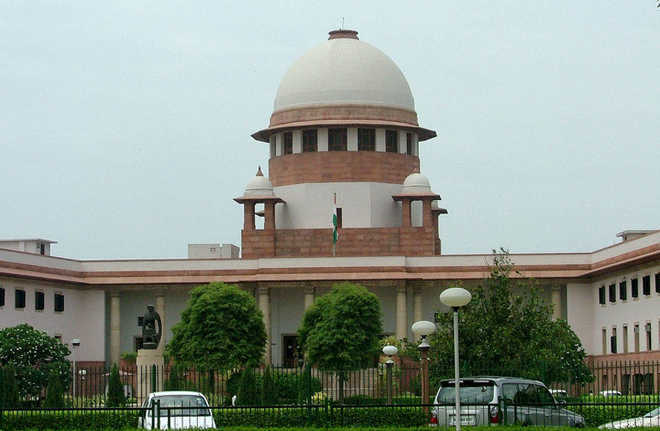The Supreme Court’s decision to issue guidelines to check the abuse of the Scheduled Castes and Scheduled Tribes (Prevention of Atrocities) Act, 1989, has raised many eyebrows with several political parties and Dalit activists demanding its review. The apex court ordered that under the Act, a public servant can be arrested after approval of the appointing authority and a non-public servant only after a sanction by the Senior Superintendent of Police. It opened a window of anticipatory bail and a way to ascertain whether complaints against the accused were frivolous or motivated.
“Any harassment of an innocent citizen, irrespective of caste or religion, is against the guarantee of the Constitution. This court must enforce such a guarantee.” The court has rightly noted that the Act should promote fraternity and integration of society as the Constitution envisages “a cohesive, unified and casteless society.” In India, SCs and STs have suffered social ostracisation and economic deprivation for centuries. To address this social deficit and achieve the ``dignity of the individual'' was set out as one of the objectives in the Preamble to the Constitution. Article 17 abolished untouchability and made it “an offence punishable in accordance with law”. Despite laws, the abhorrent practice of discrimination and violence against the SCs and STs continues.
Statistics show that the conviction rate under the Act is low and the less-than-enthusiastic pursuit of investigation and prosecution reflects in the disposal of cases by courts. On the other hand, most result in acquittal/withdrawal or compounding of most cases against the accused too. While attempting to achieve the mandate of Article 17, courts cannot be oblivious to the rampant misuse of the law in question. The accused too has a right to fair trial. “The legislature never intended to use the Atrocities Act as an instrument to blackmail or to wreak personal vengeance. It has also been used against public servants performing their bona fide duties,” noted the apex court and has sought to address the issue by striking a balance with the spirit of the law and protecting liberty of an individual by introducing safeguards.
Unlock Exclusive Insights with The Tribune Premium
Take your experience further with Premium access.
Thought-provoking Opinions, Expert Analysis, In-depth Insights and other Member Only Benefits
Already a Member? Sign In Now










